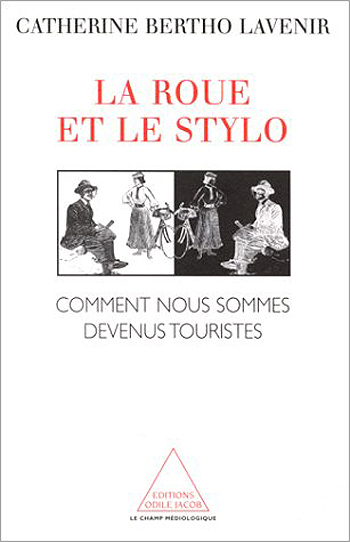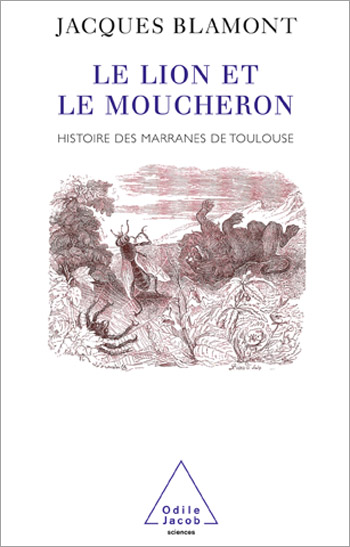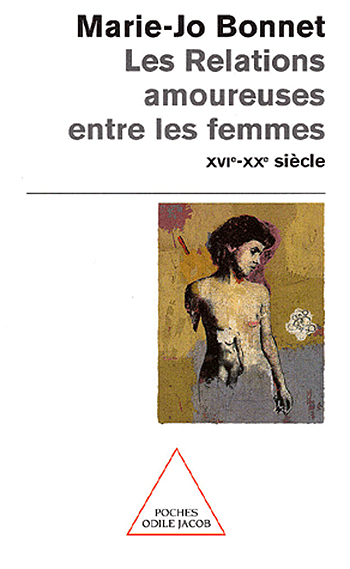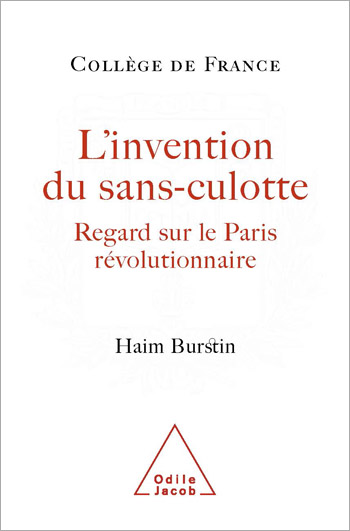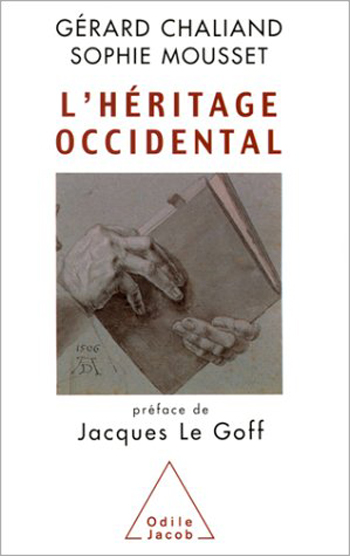History All books
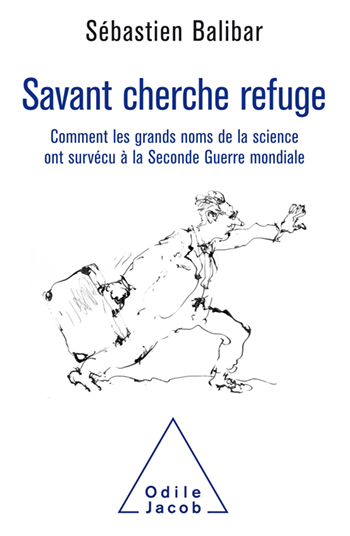
Sébastien Balibar
A Tormented Scientist
A key, virtually unknown, moment in the history of science.When science emigrates under pressure from totalitarianism.

Robert Belot
The Statue of Liberty The secret of the most famous monument in the world
A fascinating historical narrative presented as a lively investigation. Decoding the signification of the Statue of Liberty, based on the political and cultural beliefs of its creator, Auguste Bartholdi
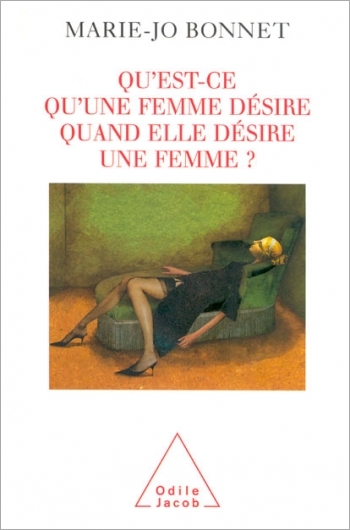
Marie-Jo Bonnet
What Does a Woman Desire when She Desires a Woman?
The desire of women for their own sex is a subject that has been concealed and heavily censored since Antiquity. Yet it has constantly resurfaced throughout history - despite repression, denial and today's feigned indifference - and its existence is a historical and anthropological fact, whatever the dominant opinion may say. Marie-Jo Bonnet argues that lesbianism transgresses social norms and female stereotypes, and breaks with the phallic model and the restricted social role that is assigned to women even today. She sees lesbian desire as a radical instrument of emancipation and offers an original analysis of the women's liberation movement, of recent discussions about homosexuality and, finally, of the persistence of lesbophobia. Desire, regardless of its subject, is always a unique and complex experience, and Bonnet does not ignore this fact. In an original, wide-ranging study of lesbian love through literature, she delves into the work of such major writers of the past as Marguerite Yourcenar, Violette Leduc, Simone de Beauvoir, Djuna Barnes and, surprisingly, Madame de Sévigné, as well as of more recent writers such as Monique Wittig, Anne Garreta and Christine Angot. The author's thesis is that women's desire for their own sex can serve as a tool to empower them to conquer their own space of creativity and liberation. Marie-Jo Bonnet, a writer and historian, is the author of Les Relations Amoureuses Entre Femmes (XVIe-XXe siècle).
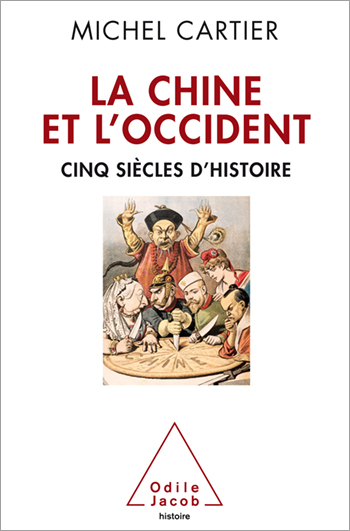
Michel Cartier
China and the West A Five-Hundred-Year History
The history of Chinese-Western relations — a tale of fascination and fear — recounted by a historian specialising in the Far East

Mustapha Chérif
Abd el-Kader, Apostle of Reconciliation
An important historical figure whose works help us understand contemporary relations between Algeria and France, between East and West
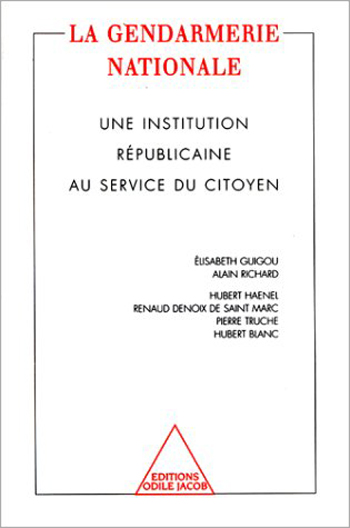
Collectif
The National Gendarmerie A Republican Institution for Civic Service
The national Gendarmerie has passed through eight centuries of history in constantly adapting to the needs of the State and citizens. The changes of political regimes and governments has little by little forged an original military institution, faithful to republican principles. Its specificity lies in the multiplicity of its tasks : defence, judiciary policing, and public security. On October 12th 1999, more than three hundred members of parliament, senior officials, academics, practitioners, researchers and military men were brought together at the Luxembourg Palace. The proceedings of this conference are gathered together in this book for the purpose of helping to trace a vision of the future for tomorrows Gendarmerie.
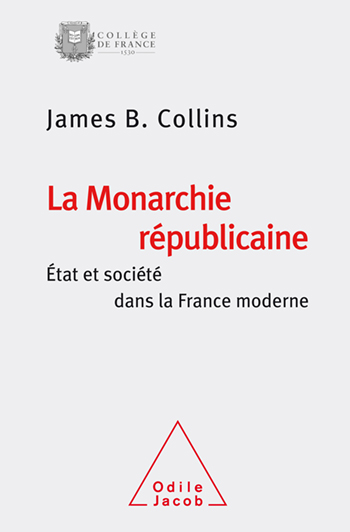
James B. Collins
The Republican Monarchy State and Society in France Under Louis XIV
A new approach to France under Louis XIV and to Ancien Régime society
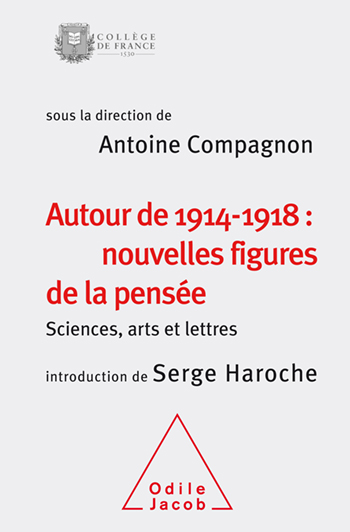
Antoine Compagnon
The First World War, 1914-18: New Thinkers and Artists Upheavals in Science and in the Arts and Letters
The Great War: ruptures and reconfigurations in society
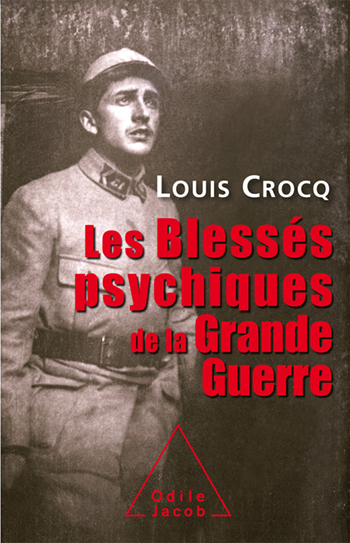
Louis Crocq
The Psychic Injuries of Great War
After the Armistice of 11 November 1918, France honoured its dead and celebrated the survivors. The victims of physical injuries, including the ‘broken gargoyles’ who had suffered terrible facial disfigurement, were recognised, given medical treatment and pensions — but what happened to those who had suffered mental trauma?


